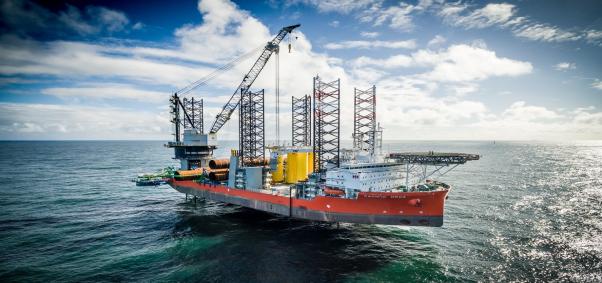
PRESS STATEMENT
Lima - December 14, 2014: Lord Nicholas Stern, Chair of the Grantham Research Institute on Climate Change and the Environment and Vice-Chair of the Global Commission on the Economy and Climate weclomes the Lima climate change agreement.
Welcoming the agreement today (14 December 2014) at the 20th session of the Conference of the Parties to the United Nations Framework Convention on Climate Change in Lima, Peru, Nicholas Stern, Chair of the Grantham Research Institute on Climate Change and the Environment and ESRC Centre for Climate Change Economics and Policy at London School of Economics and Political Science, and President of the British Academy, said:
“This is an important step towards a new agreement at the climate change summit in Paris in December 2015, but it still leaves a number of important issues to be worked out between countries over the next 12 months. There has been a constructive atmosphere in Lima, and the Peruvian Government deserves great credit for creating such a positive environment for the negotiations. The countries of the world are increasingly recognising the urgency of the action required to tackle the immense risks of climate change, but must focus on the big issues of scale of action and of building mutual confidence and support in the months before Paris.
“It is vital that countries put forward before the Paris summit intended nationally determined contributions that are both ambitious and credible. However, it is already clear that the scale of action to control and reduce annual emissions of greenhouse gases will collectively not be consistent with a pathway that will mean a reasonable chance of avoiding dangerous global warming of more than 2 centigrade degrees above pre-industrial level. That means countries must continue to explore opportunities to increase emissions cuts. And they must build into the Paris agreement arrangements for moving purposefully thereafter to increase the scale of action.
“All countries must continue to engage in a collaborative way with each other to build mutual confidence. Rich countries must accept the responsibilities that are associated with their greater wealth and historical contribution to the rise in greenhouse gas levels in the atmosphere. They must help in tackling the effects of climate change that are already with us. And they should also work to create and unlock much greater public and private investments in clean economic growth in the developing countries, and not just re-label overseas aid budgets. There is great potential for sustainable and inclusive growth across the world. Investments in clean development hold the key to both managing the risks of climate change and overcoming poverty.”
For more information about this media release, please contact Bob Ward on +44 (0) 7811 320346 or r.e.ward@lse.ac.uk.






